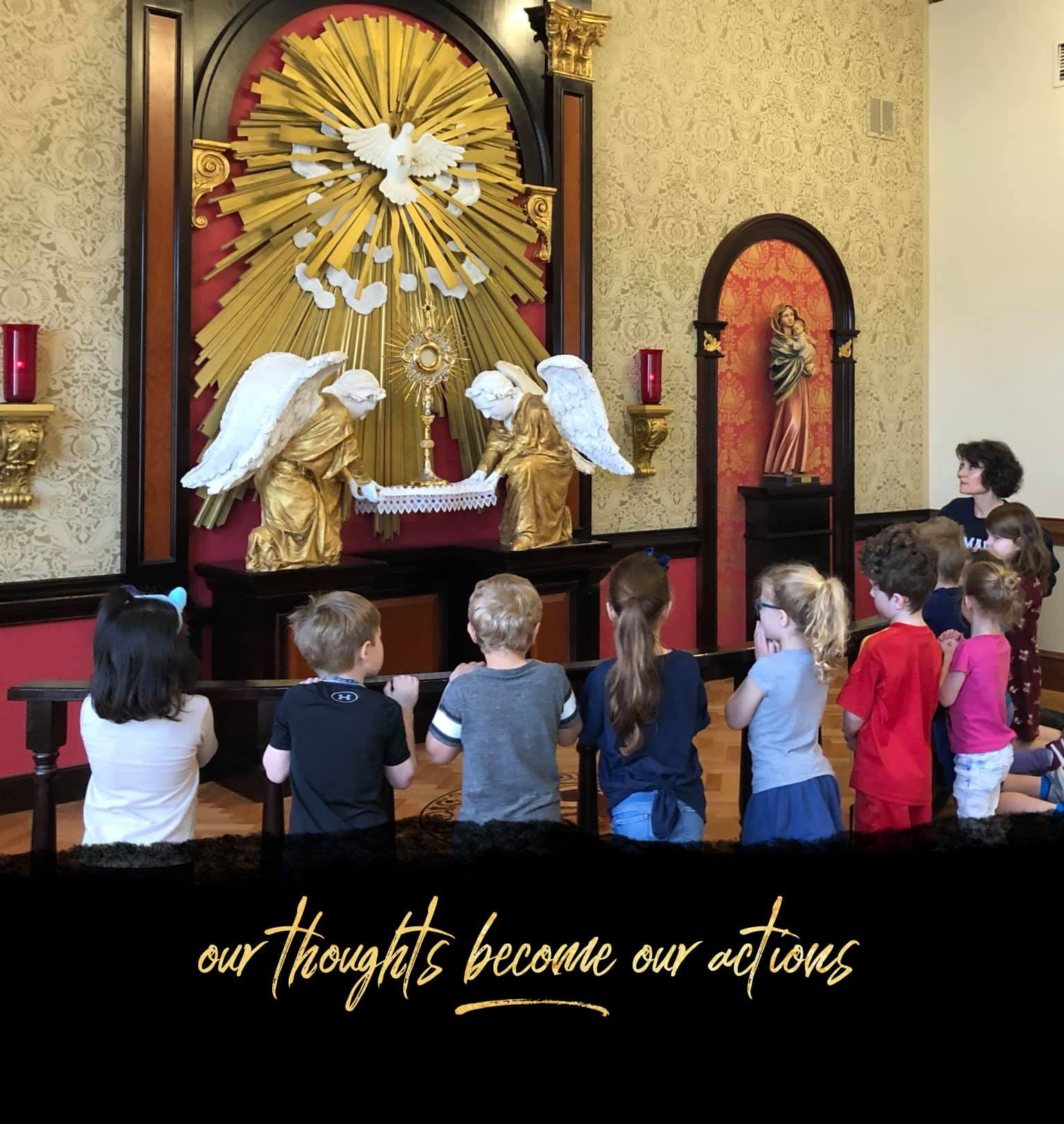Evangelical Reflections - Saturday of the 3rd Week of Lent - March 13, 2021

Saturday of the 3rd week of Lent
In today’s 1st reading, we hear the words: “it is love that I desire, not sacrifice”; our Responsorial Psalm says, “It is mercy I desire, and not sacrifice” and our Gospel illustrates an example of what God expects this to look like.
Jesus tells a Parable about a Pharisee and a tax collector. To the Jews back then, the Pharisee would’ve been held in high esteem and honored, while the tax collector would’ve been seen as a horrible sinner and no one would have wanted to associate with him. Jesus says that these two men both went to the Temple and had very different prayers. The Pharisee praised all of the good deeds that he himself did, while the tax collector quietly asked for God’s forgiveness. Jesus says that the tax collector was the one who was justified, was seen as forgiven and worthy in God’s sight, not the Pharisee.
The beginning of this Gospel also says that Jesus addressed this parable to “those who were convinced of their own righteousness and despised everyone else”. This is what we call “spiritual pride”. This is a temptation that can come upon those who have sought to draw closer to the Lord and then begin to take a moral high ground. They then begin to look down upon those who are not as good or as holy as they are (or they think they are).
We can see this play out in every church, in every religious tradition across the world. As Catholics, as Christians, we are called to not fall into that trap. Jesus warns us about this right here in this parable. Just because the Pharisee was doing all of the right things on the outside, his interior disposition was not like that of the tax collector’s. The Pharisee was looking down on the tax collector for the outward but had no idea what was happening on the inside, which is where God looks.
We all need to take a serious look at our interior dispositions: do I look down upon or judge others who may not be on the same spiritual “level” as myself? For example, when someone comes to Church and they may not be dressed the way I think they should be, am I throwing them dirty looks and thinking, “well, thank God I’m not dressed like that”? We are no better than a Pharisee when we do that. That’s one example, but there are many others.
What is our interior voice saying when we see others maybe not doing what we think is moral? Is it immediately to judge them and thank God I’m not like that? If so, we need to begin to change our thoughts because our thoughts become our actions. We should instead say a prayer for that person and ask God to expand MY heart to love them like He does.
Let’s strive everyday to be repentant tax collectors, not self-righteous Pharisees.
